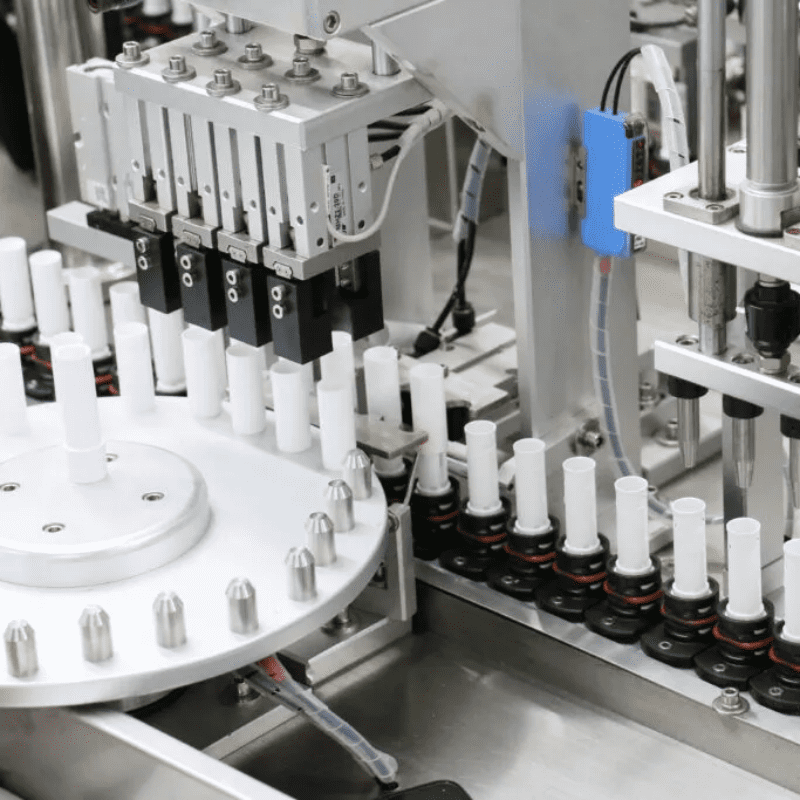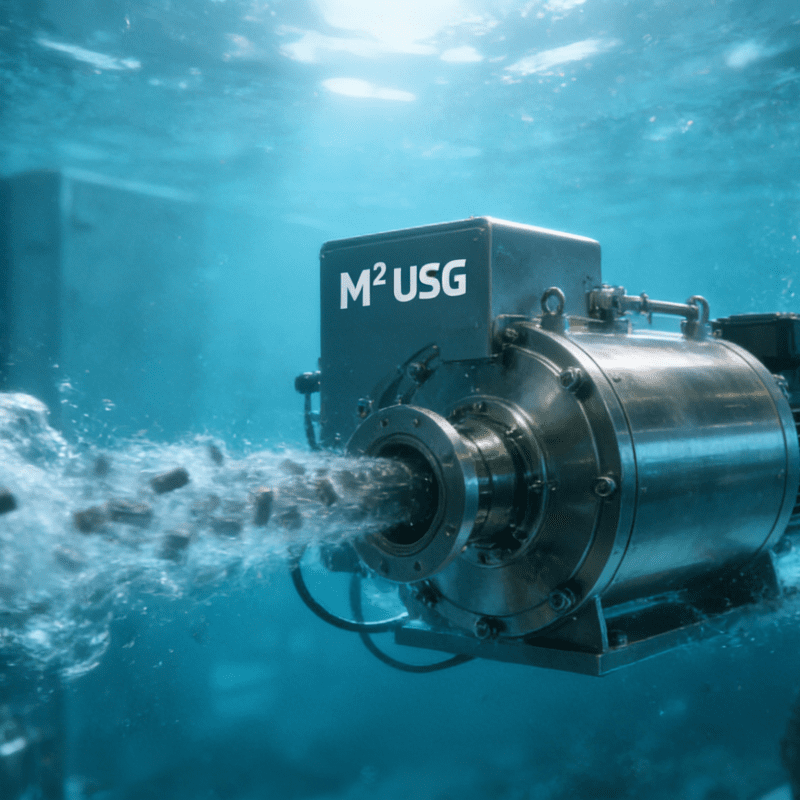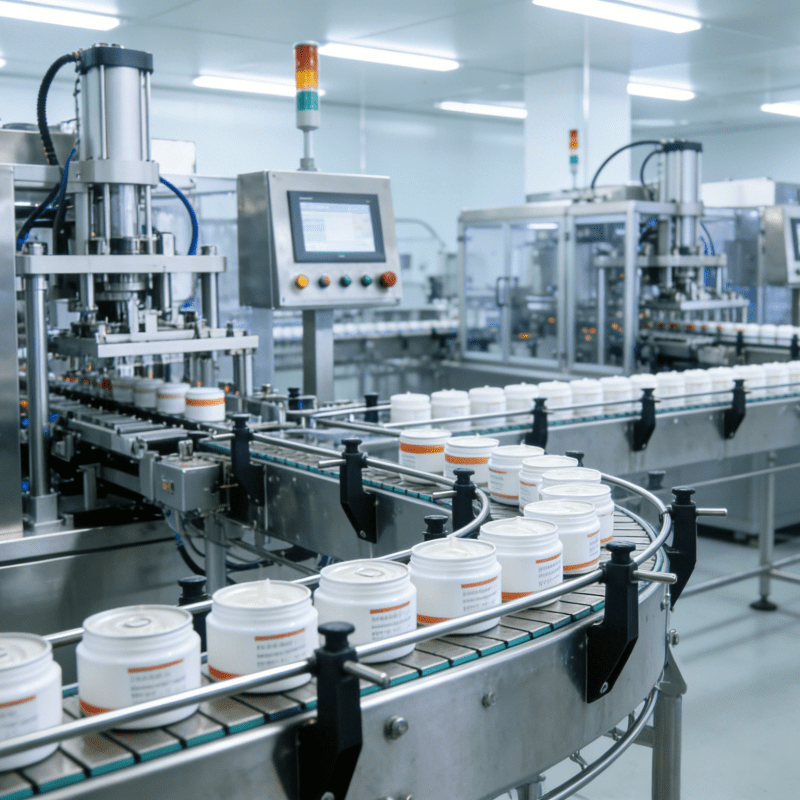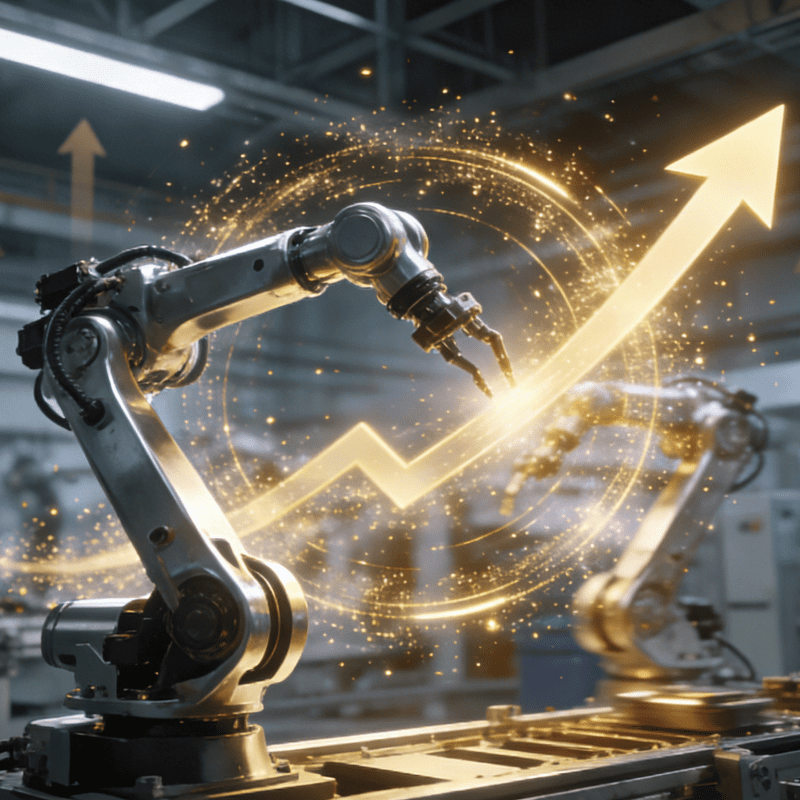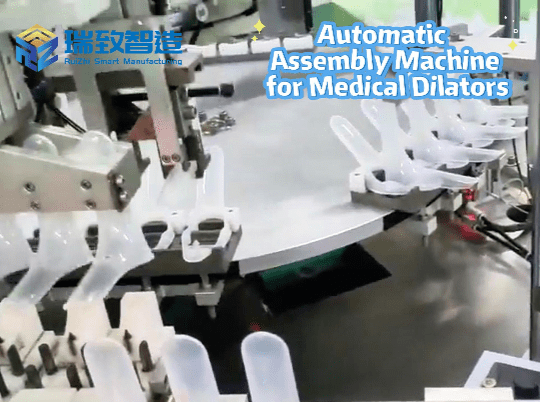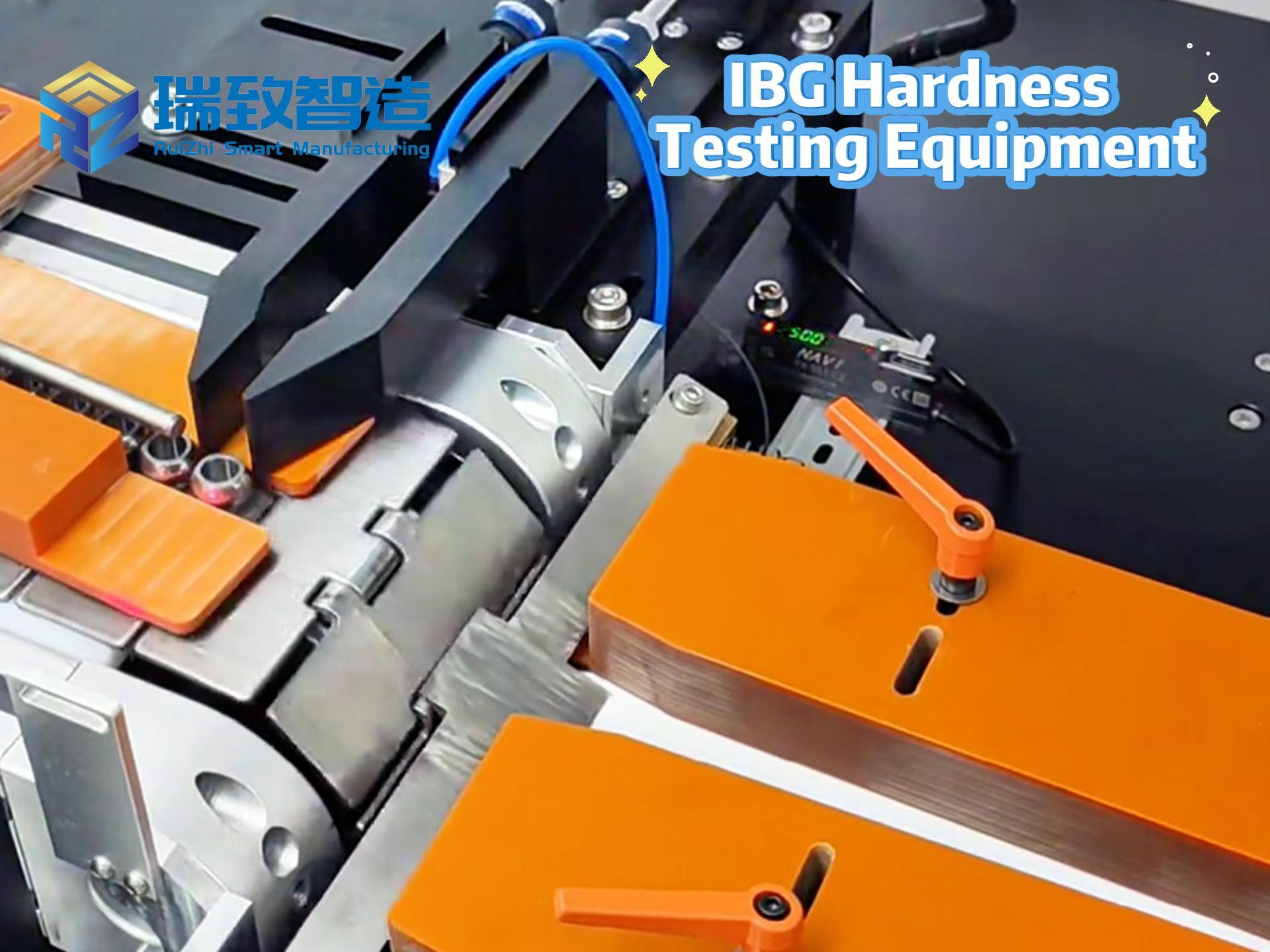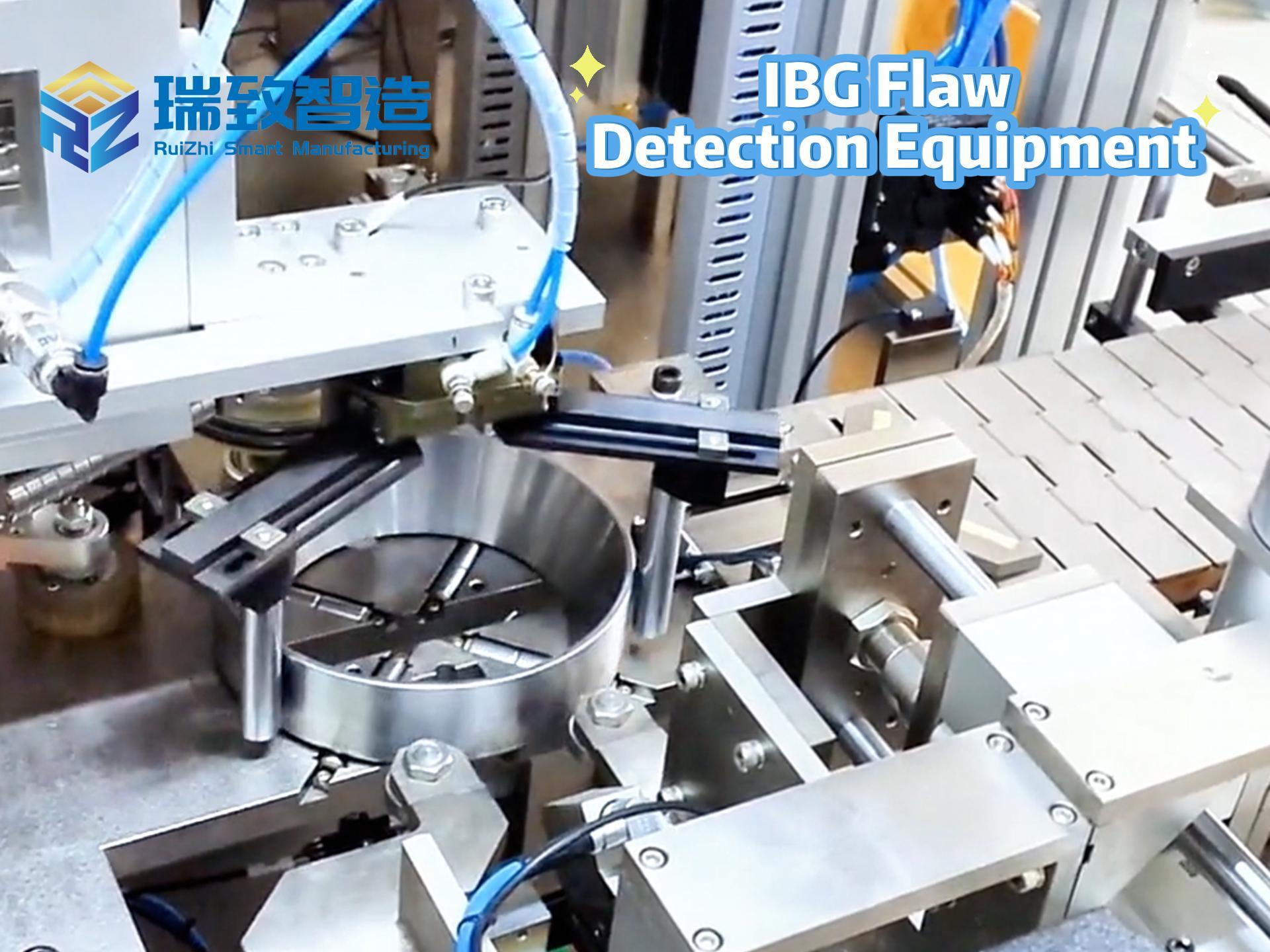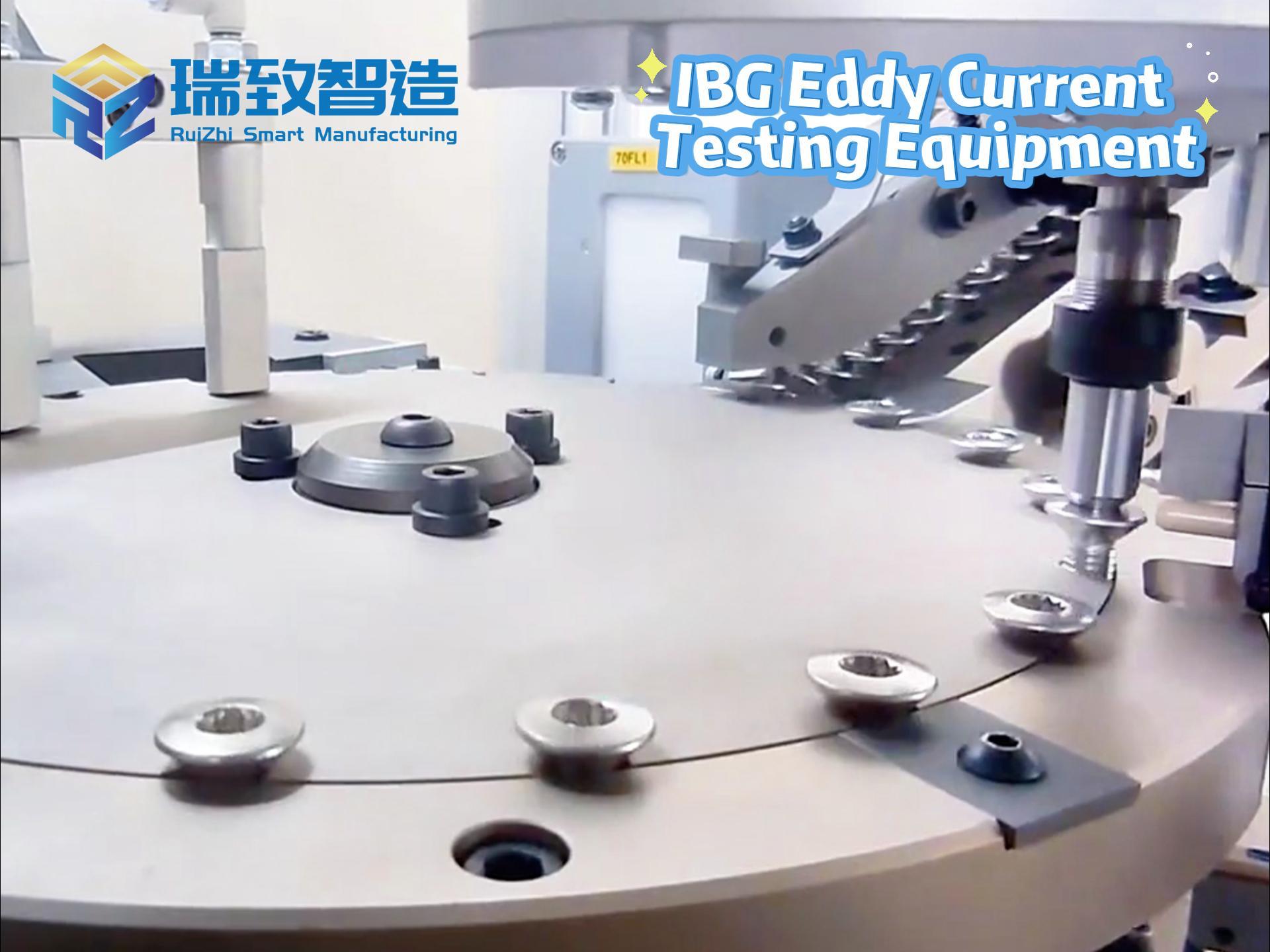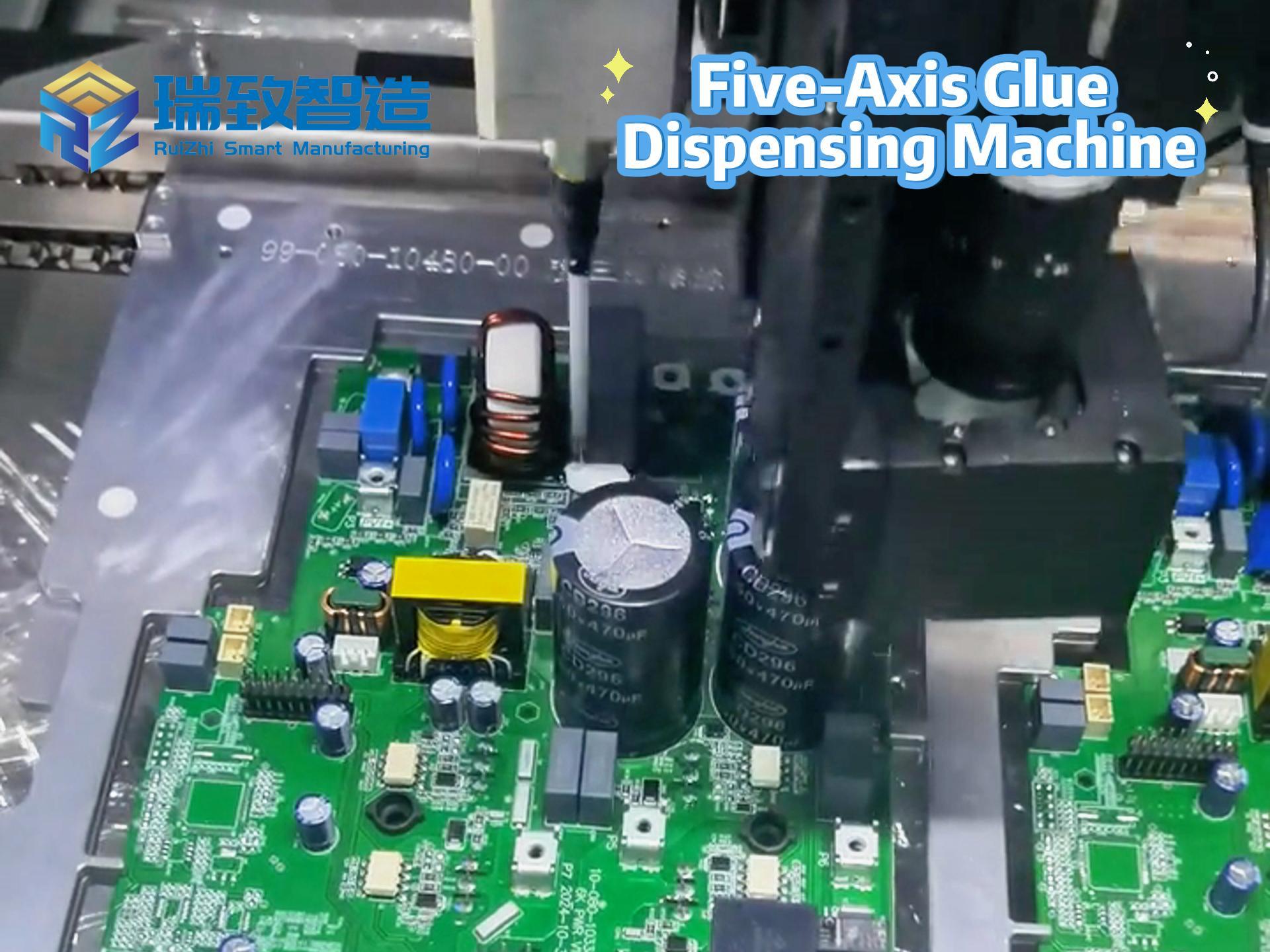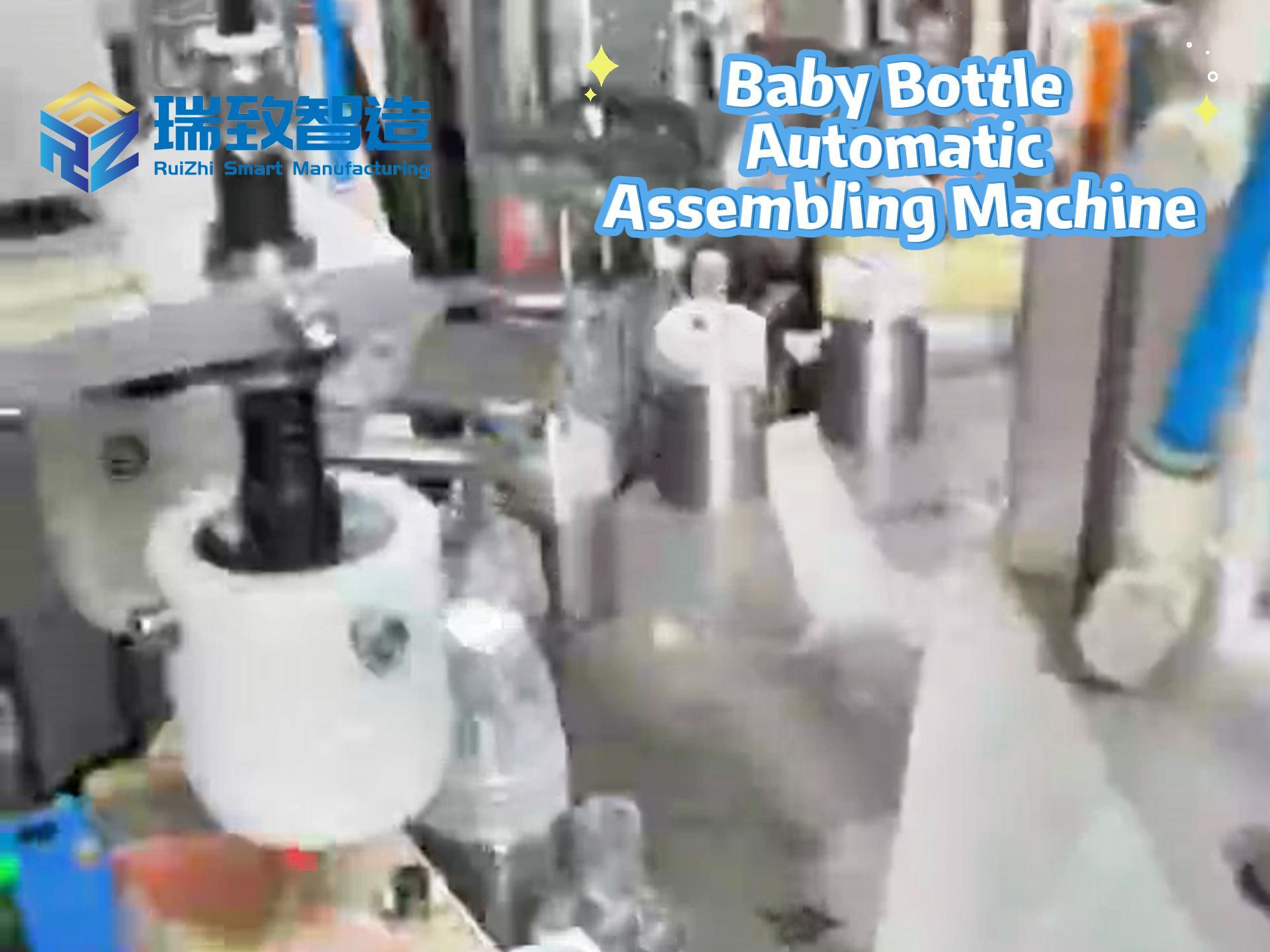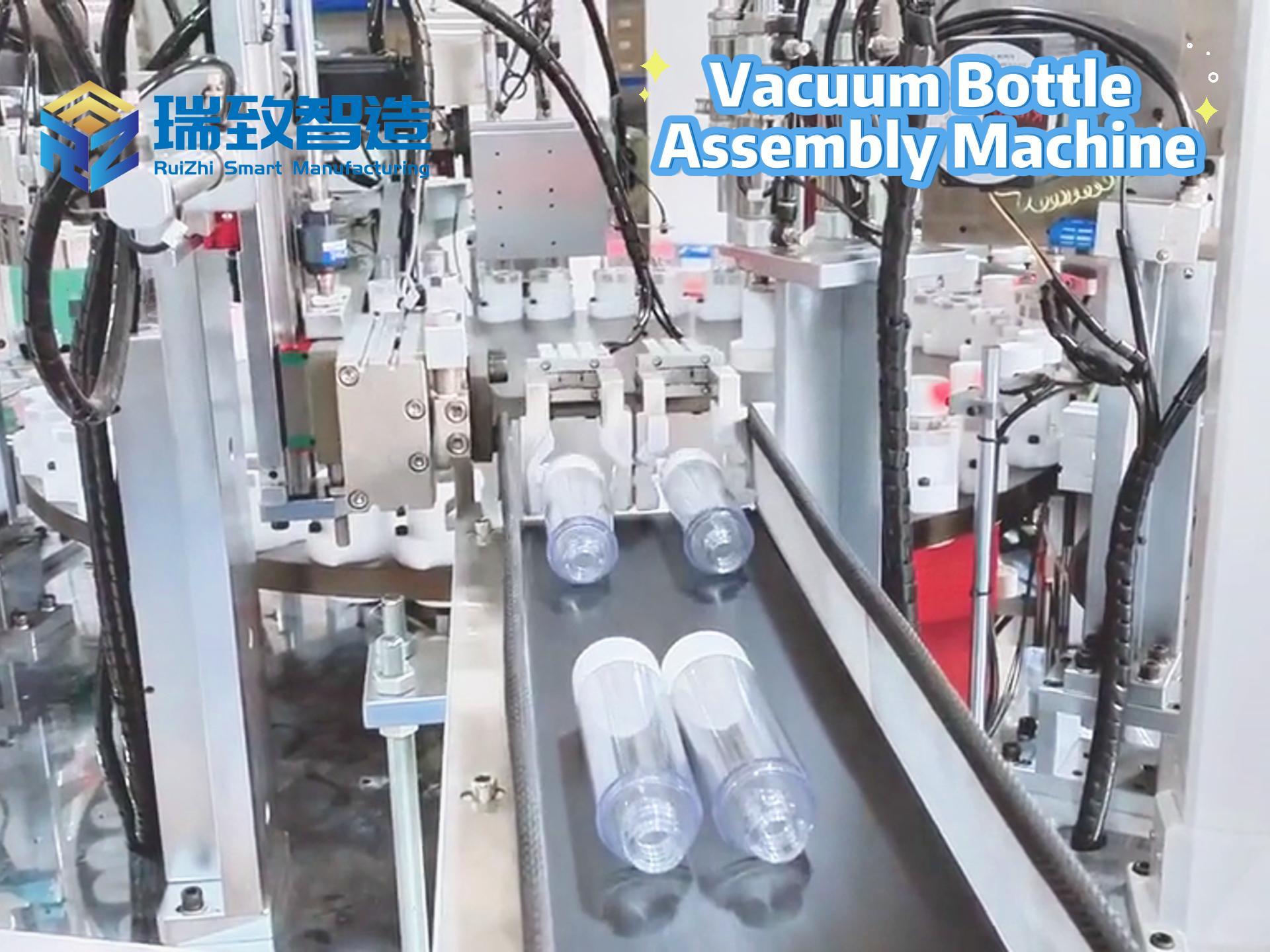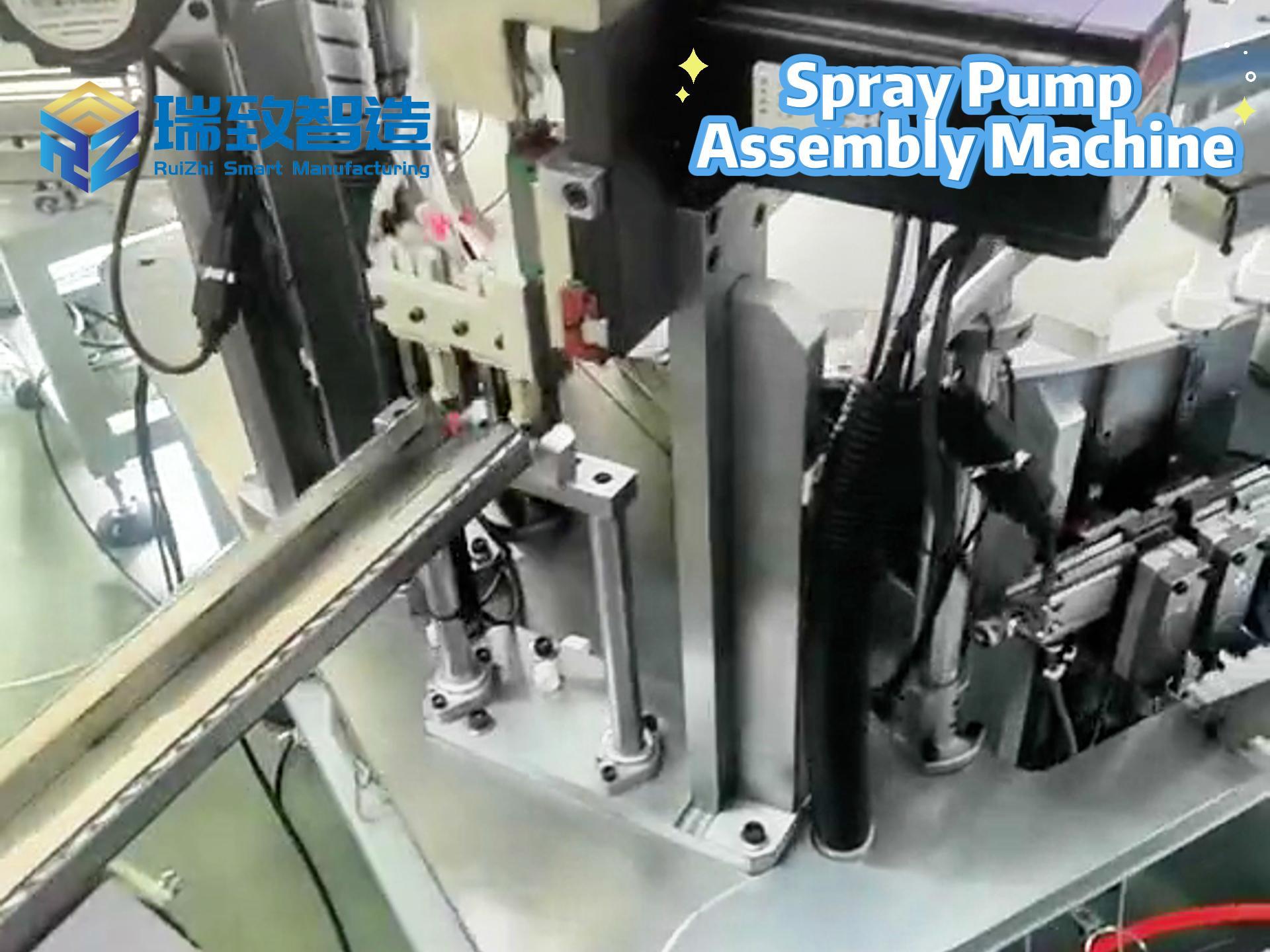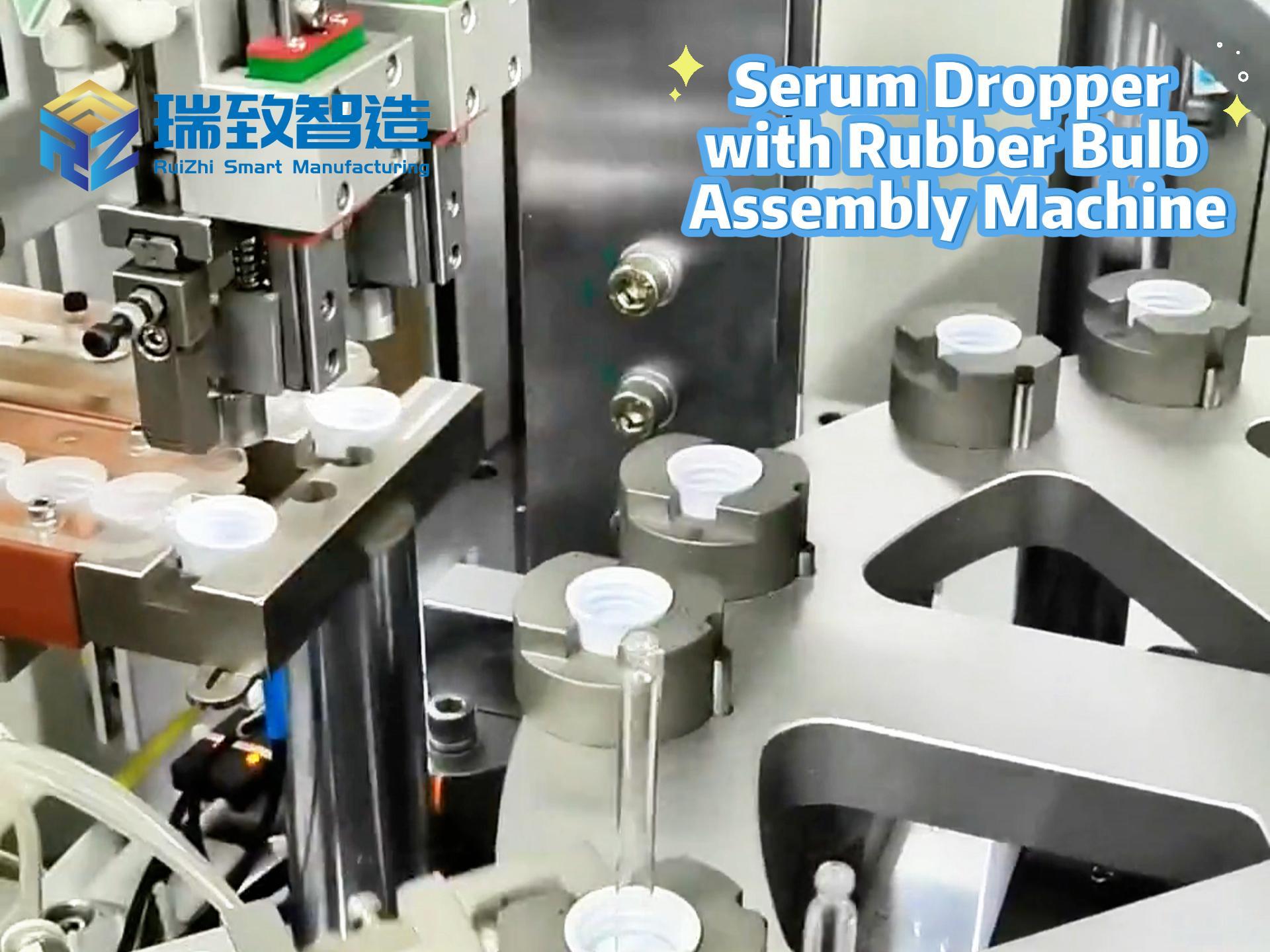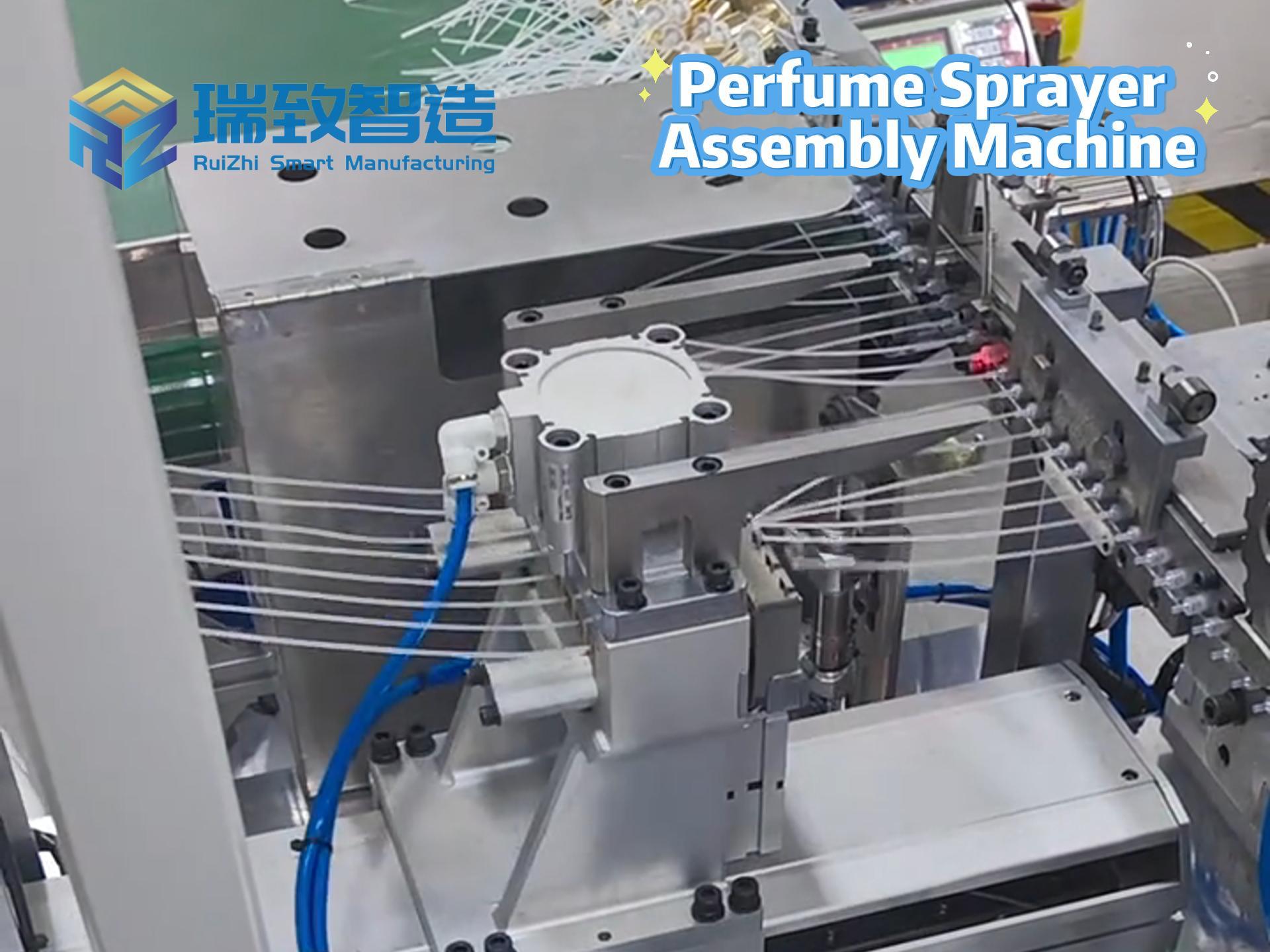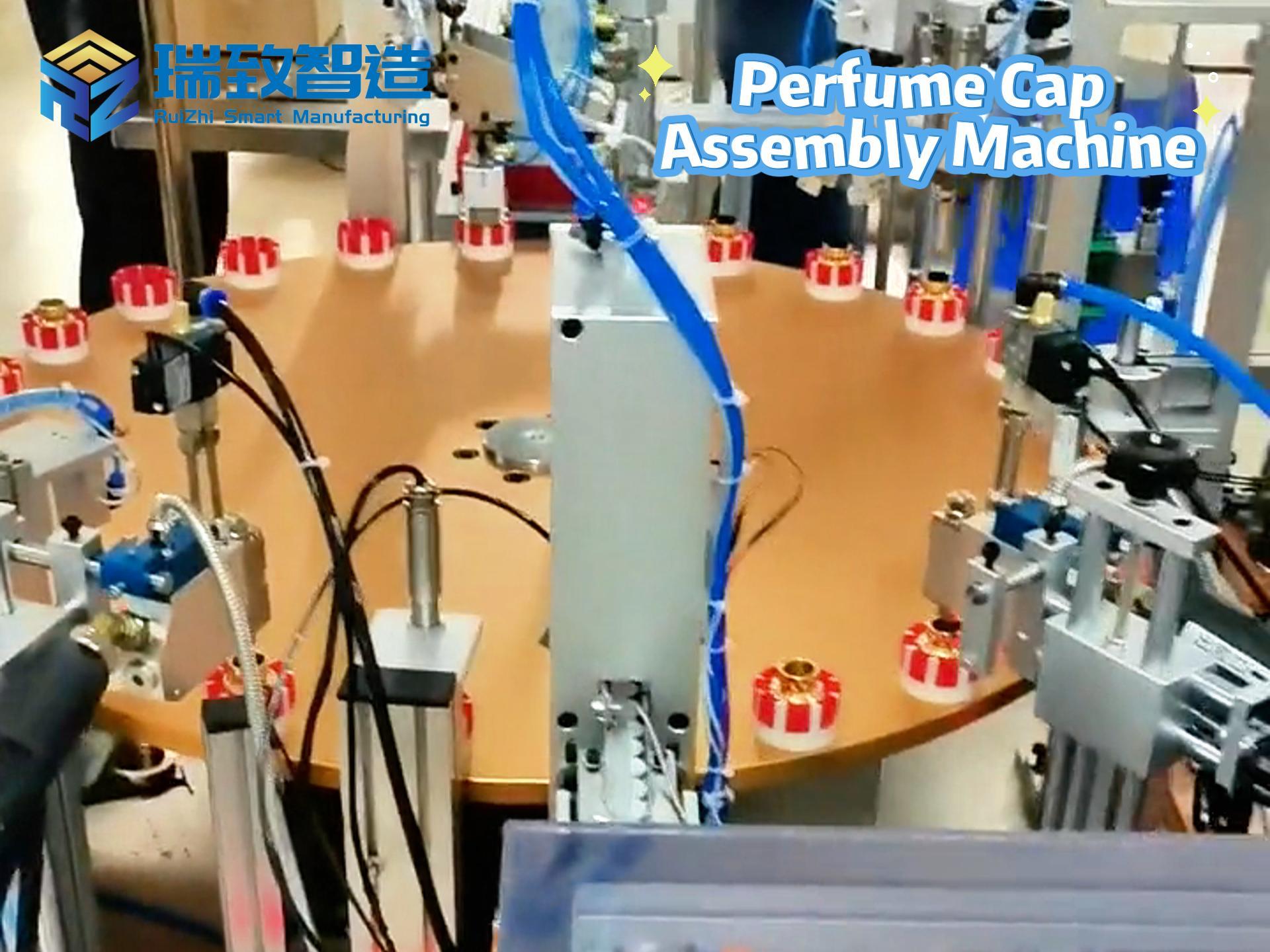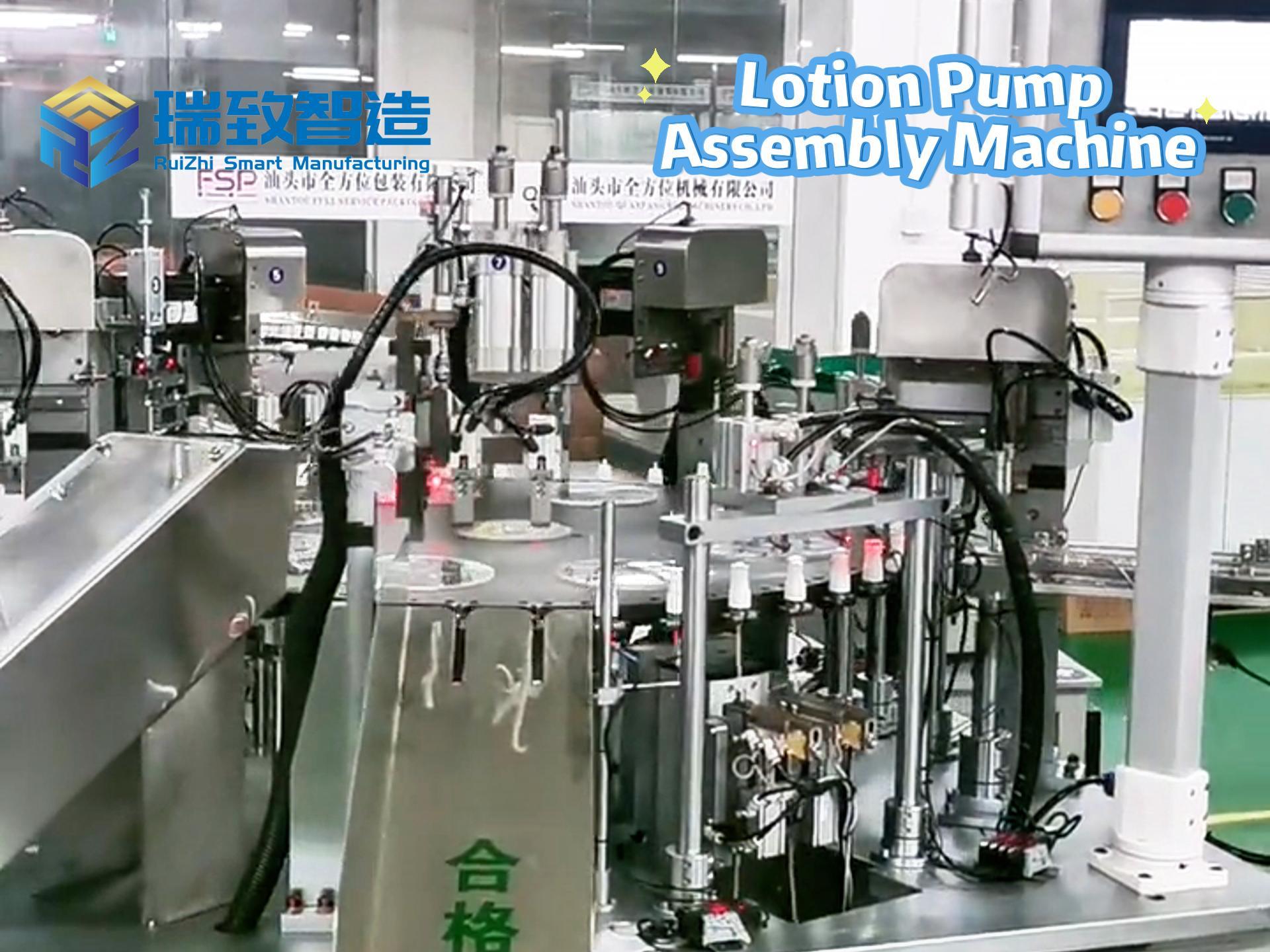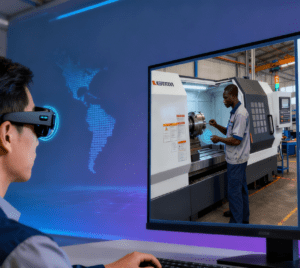
Looking back on the past five years, Dongfang Electric Corporation (DEC) has fully, accurately, and comprehensively implemented the new development philosophy, continuously strengthened its core functions, enhanced core competitiveness, strived to play the “three roles”, and endeavored to be the “three vanguards”. Centering on the industrial layout of “Six Power Sectors and Six Industries”, it has constantly opened up new prospects for development. As the 14th Five-Year Plan draws to a close and the 15th Five-Year Plan is being planned, we launch the special topic “DEC’s 14th Five-Year Report Card” to review the vivid stories of DEC employees carrying forward the “Dongqi Spirit”, vigorously developing high-end equipment, and accelerating the building of a world-class equipment manufacturing group with core competitiveness during the 14th Five-Year Plan period. Today, let’s take a look at “DEC’s 14th Five-Year Report Card | ‘Intelligent’ Manufacturing Upgrade: Forging a New Path for Digital Transformation in Equipment Manufacturing”.
Manufacturing is the foundation of a country, the tool for national rejuvenation, and the cornerstone of national strength. The Fourth Plenary Session of the 20th CPC Central Committee clearly stated: “Adhere to the direction of intelligence, greenization, and integration, and build a modern industrial system with advanced manufacturing as the backbone.” DEC firmly serves the national strategy and continuously promotes the intelligent transformation and digital upgrading of the enterprise from within and without, becoming a pioneer in leading the “intelligent” manufacturing of equipment.
Focusing on Core Businesses to Continuously Improve Equipment Manufacturing Capabilities
How to deeply integrate the new generation of digital technology with traditional manufacturing to achieve “1+1>2”?
Top-level design is the key. Based on the actual scenarios of production and manufacturing, DEC takes problems as the guide and practical results as the goal. It is led by backbone process technicians, with the collaboration of professionals in information technology and enterprise management, to systematically advance the intelligent manufacturing project.
Stepping into the unmanned workshop for stator punching sheets of Dongfang Electric Machinery, one can hear the roar of machines and see manipulators moving up and down. The entire workshop is clean, tidy, and well-organized.
“In the past, the stator punching workshop had high work intensity in processes such as blanking, painting, and deburring, which posed great challenges to front-line workers,” said Liao Bangmin, a production line design technician at Dongfang Digital Technology. “We systematically sorted out the pain points and difficulties in the entire workshop’s processes and carried out targeted digital transformation. Now, the output of this workshop has increased by 66.7% compared with the original, the per capita output has increased by 620%, and the work intensity of workers has been greatly reduced, achieving multiple goals at once.”
In the Welding Branch of Dongfang Turbine, the achievements of digital transformation are equally remarkable. For welding operations such as valves and condenser tube holes, process technicians conducted in-depth research and developed equipment such as automatic narrow-gap welding equipment for valves and automatic welding equipment for condenser tube holes. Compared with the past, the per capita welding efficiency of valves has increased by 200%, and the first-pass qualification rate of tube hole welding quality has risen to 99.9%.
Entering the Digital & Intelligent Connection Factory for serpentine tubes of Dongfang Boiler, one can see fully automatic assembly and welding clusters, AGVs, intelligent vertical warehouses, and a big data intelligent weld image evaluation system. Here, the full-process intelligent production of tube panels for high-temperature superheaters and high-temperature reheaters of power station boilers from raw materials to finished products is realized. Dongfang Boiler adheres to the integration of lean production and digitalization, pioneering the new “collar production” mode for tube panels in the industry. The per capita efficiency of the digital production line has increased by 250%, and the material turnover rate has increased by 300%.
Beyond energy equipment, DEC has also extended its digital transformation capabilities to high-precision medical equipment manufacturing. Its independently developed intelligent syringe automatic assembly equipment integrates AI visual inspection, real-time data monitoring, and multi-station collaborative control—realizing fully automated assembly of syringe barrels, plungers, and gaskets. Compared with traditional manual assembly, the equipment reduces human error by over 90%, improves production efficiency by 300%, and ensures the qualification rate of medical syringes reaches 99.99%, meeting the strict quality requirements of the medical device industry.
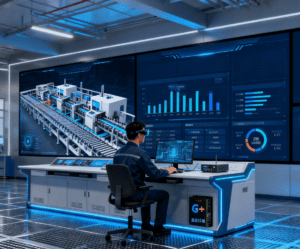
In October 2024, DEC integrated internal group resources and established Dongfang Electric Group Digital Technology Co., Ltd., systematically promoting the digital transformation project of the entire group and opening a new chapter from traditional manufacturing to “intelligent” manufacturing. Up to now, the group has built 28 digital workshops, 2 subsidiary enterprises have been selected into the first batch of excellent-level intelligent factories by the Ministry of Industry and Information Technology, and 2 subsidiary enterprises have passed the intelligent manufacturing maturity level 4 assessment. The group company is constantly promoting the upgrading of its manufacturing capabilities through “intelligent transformation and digital upgrading”.
Highlighting Industry Empowerment to Build an Efficient and Resilient Digital Supply Chain
With the experience of digital transformation, DEC has actively empowered enterprises in the industrial chain to carry out “intelligent transformation and digital upgrading”.
In Sichuan Chuanneng Runhua Co., Ltd., an intelligent vertical warehouse is operating at high speed. He Dongwen, Deputy General Manager of Sichuan Chuanneng Runhua Co., Ltd., said: “The 4,700 storage locations of this warehouse are all scheduled by algorithms. In the past, it took workers an average of 30 minutes to find a spare part, but now the system can locate and deliver it in as fast as 5 minutes. Especially for large parts weighing hundreds of kilograms, in the past, we used high-level forklifts + cranes + manual searching, which was prone to collisions. Now, our intelligent stacker ‘grabs’ along digital tracks, with zero collisions and zero delays throughout the process, doubling the efficiency.”
Moreover, the vertical warehouse system is directly connected to DEC’s supply chain management network, enabling full-link visibility of materials from warehousing to delivery and reducing the turnover cycle by 67%.
At present, DEC has successfully built a group-level industrial Internet platform, which breaks through “information silos” and provides a comprehensive view of orders worth ten thousand tons through a single network. The platform deeply connects more than 2,000 small and medium-sized enterprises. The business opportunity connection of suppliers has shifted from “offline sourcing” to “online intelligence”, and the payment settlement has changed from “month-long rushing around” to “second-level account arrival”.
Zhang Xianshou, General Manager of Deyang Dongqi Power Station Machinery Manufacturing Co., Ltd., said: “In the past, we suppliers mostly passively understood the progress of payment collection, with no participation in the process and no access to information. Now, relying on the digital supply chain DSC system, we can automatically submit invoices, receive payments automatically, and verify bills by ourselves. These guarantees allow small enterprises like us to stand firm and take large orders.”
With digital transformation as the cornerstone, DEC is continuously releasing the value of technology and platforms, opening up channels for efficiency improvement and value growth for enterprises in the upper and lower reaches of the industrial chain, and promoting the high-quality development of the industrial chain.
Fulfilling the Mission of Central Enterprises to Promote Full-Element Intelligence from Scratch
While advancing intelligent manufacturing, DEC has vigorously promoted the intellectualization of operation and management. In March this year, under the guidance of higher-level units, DEC launched a pilot project for the digital and intelligent improvement of “business-finance integration”, focusing on real-time dynamic cost management.
“The business-finance integration project uses information technology to realize real-time linkage between production and operation data and financial management data, so as to solve problems such as real-time accumulation of manufacturing costs,” introduced Gao Shenghan, Deputy Director of the Information Technology Department of Dongfang Digital Technology.
“From March to November this year, we have basically completed the deployment of the business-finance integration function for the thermal power sector of Dongfang Turbine. In the past, project bidding relied on experience estimation, procurement prices were compared manually, and production costs could only be summarized at the end of the month. Data was scattered, and what managers saw was always ‘past information’. Now, we take the project as the main line to connect the entire cost process—from bidding calculation to budget preparation, from procurement price estimation to warehousing collection, and from production reporting to work order cost. The whole process is automatic and real-time, truly realizing ‘calculable in advance, controllable in process, and analyzable after the event’.”
To further improve the quality and efficiency of development, DEC has also actively promoted the in-depth integration of AI technology with the entire chain and all links of equipment manufacturing.
Based on the high-quality data sets, mechanism models, and industry expert knowledge accumulated in the equipment manufacturing field for more than 60 years, DEC has built a new generation of industrial intelligent agent system “Xiaodong”. “Xiaodong” serves as an “industrial digital employee” in the fields of R&D and design, production and manufacturing, operation and management, and operation and maintenance services, collaborating with employees to help enterprises increase efficiency and reduce costs. At present, some of its functions have been put into trial operation.
Zhao Bin, a process engineer at Oriental Honghua Electric, said: “In the past, when we designed products, we needed to frequently consult various domestic and foreign standards, which took a lot of time. After deploying the ‘Xiaodong’ standard interaction assistant, we can get answers to our questions within a few minutes, which greatly improves the efficiency of project design.”
From the well-organized digital workshops to the intelligent and convenient AI assistants in the equipment manufacturing industry, DEC firmly serves the national strategy and continues to create an era report card from traditional manufacturing to “intelligent” manufacturing through scientific and technological innovation.
What is the work done using automated equipment and machines called?

